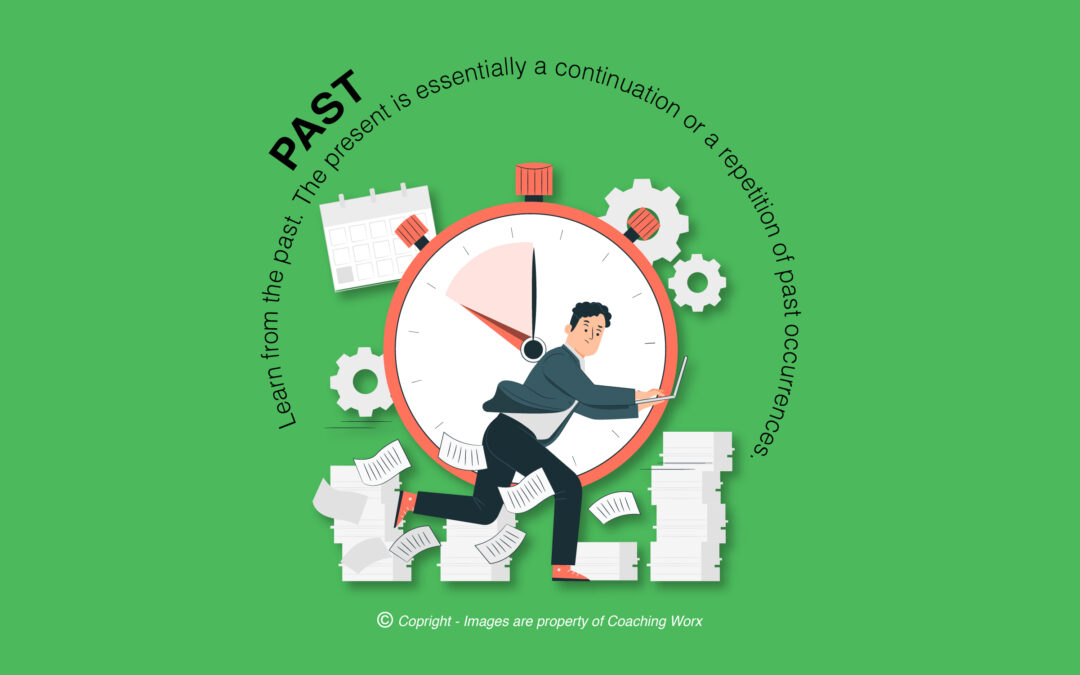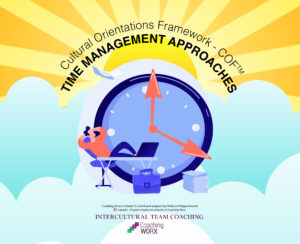
Are you a member of a team that is looking for that one special nudge that could take you over the top?
The COF™ Assessment is the ground breaking tool designed by Professor Philippe Rosinski does just that. The glaring results identifies the various Cultural Orientations that we prefer to lean on in our everyday life and facilitates team synergy.
To-day I focus on the Category – “Time Management Approaches” with the dimension of “Past/Present/Future” in the “Cultural Orientations Framework (COF™)” Assessment a valuable tool for organizations that are committed to creating sustainable Diversity, Equity, Inclusion & Justice Programs.
Past-oriented Time Management: Individuals who are past-oriented tend to focus on experiences and events that have already happened. They may be more reflective, nostalgic, and traditional in their approach to time management. They may prioritize tasks that are related to completing past obligations or that maintain established routines.
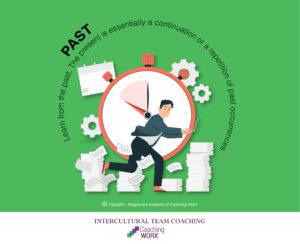
Present-oriented Time Management: Individuals who are present-oriented tend to focus on the immediate moment and on satisfying their immediate needs and desires. They may be more spontaneous and impulsive, and prioritize tasks that bring immediate pleasure or reward.
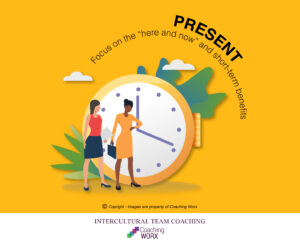
Future-oriented Time Management: Individuals who are future-oriented tend to focus on planning and preparing for the future. They may be more goal-oriented and strategic in their approach to time management, and prioritize tasks that help them achieve their long-term objectives.
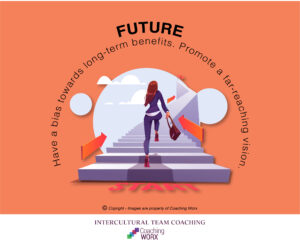
Effective time management strategies will depend on an individual’s orientation towards the past, present, or future, as well as the specific goals and demands of the situation. Balancing short-term and long-term priorities and incorporating reflection and planning can help individuals optimize their time management approach.
In a team where individuals have different orientations towards time regardless of their backgrounds much conflict may arise due to a lack of understanding of each others orientation. The Benefit of the COF™ Assessment is that it will create an awareness of our individual and team approaches to managing time and facilitates finding the balance so that with understanding we create a conducive workplace where everyone is included and feels a greater sense of belonging regardless of explicit differences.
To learn more, you may visit COFassessment.com. If you or your organization is interested in a COF™ Assessment you may contact me at [email protected].
Source: “Coaching Across Cultures” Philippe Rosinski.

